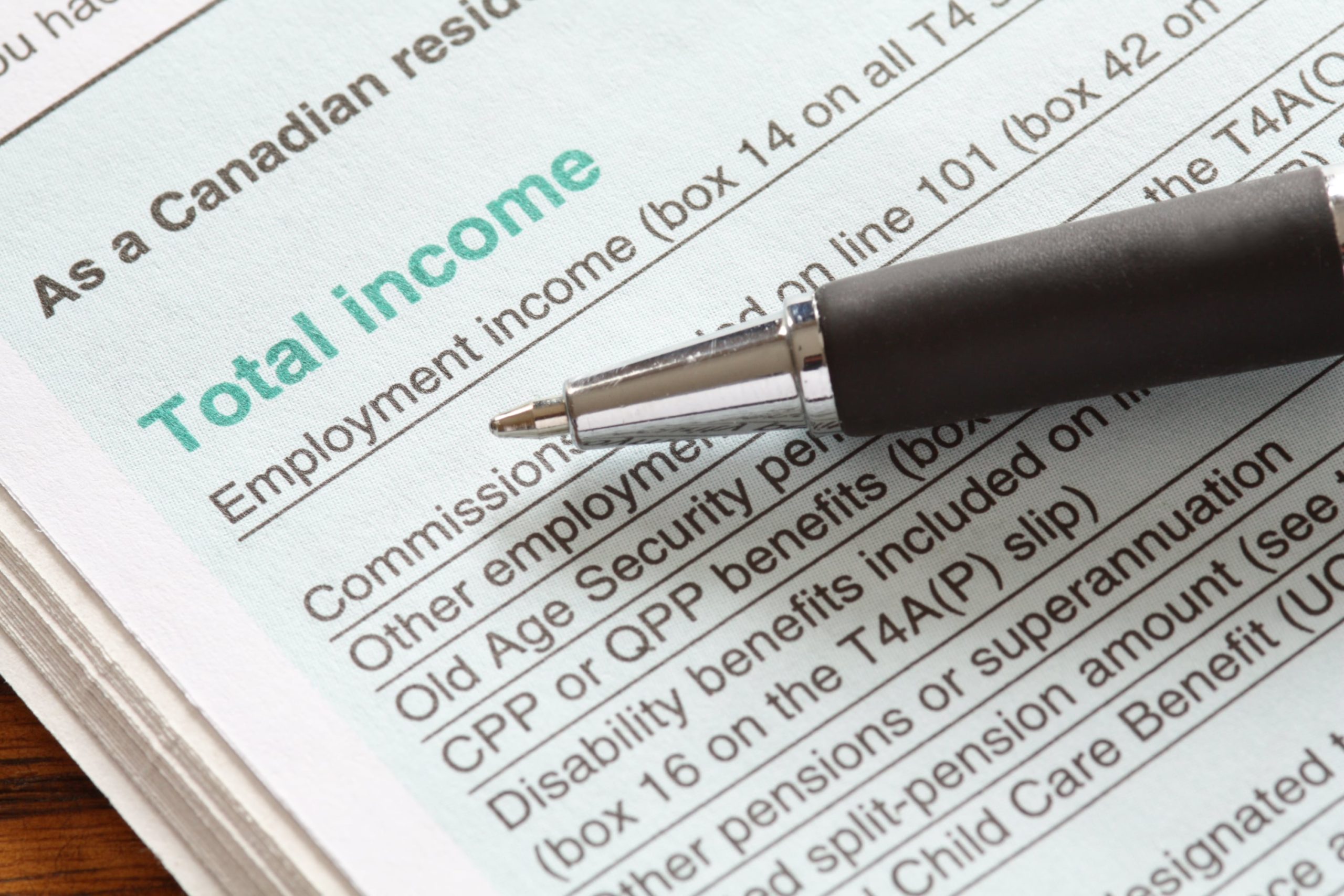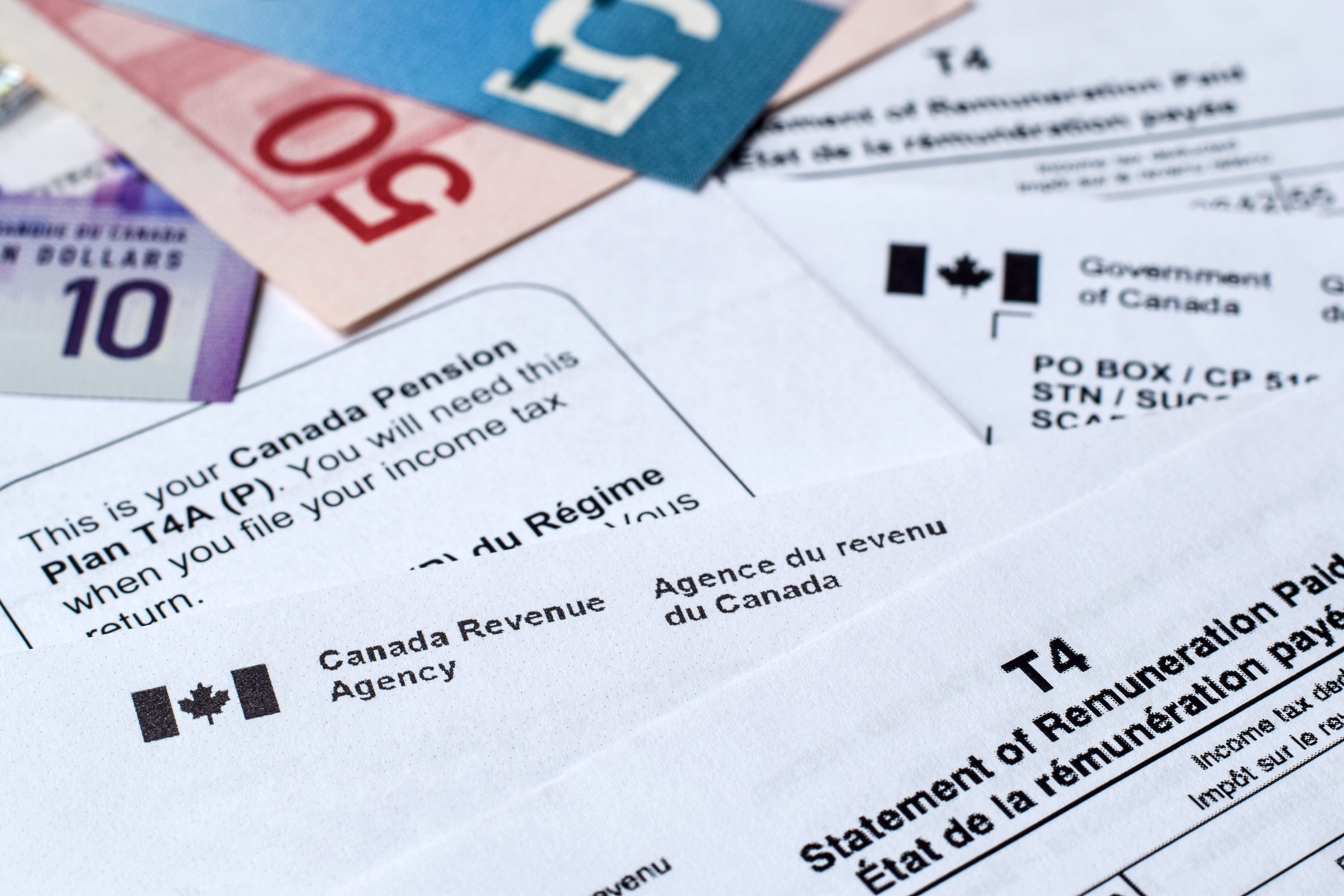Tax Planning & Preparation
Why Consult a Tax Advisor Before Buying a Home in Canada?
September 5, 2024

Buying a house is one of the most significant purchases an average Canadian household makes. If you are considering buying a real estate property in Canada for primary residence or investment purposes, you should know about the various taxes associated with it. The Canada Revenue Agency (CRA) has introduced several benefits for first-time home buyers. At the same time, it has imposed new taxes on underused residential properties.
Navigating Taxes at Different Stages of Home Buying
There are several stages to buying a home, from saving up for the down payment to applying for the mortgage, purchasing the property, and making significant renovations. Each stage brings with it different types of taxes, each with specific requirements and eligibility criteria. Given the sheer size of the transaction, a professional tax advisor can help you navigate these taxes smoothly, bringing you significant tax savings.
First-Time Home Buyer Tax Benefits for Down Payment
If you or your spouse/common-law partner did not own a house in the current tax year or the four preceding years, you are a first-time home buyer. The CRA offers several tax benefits to first-time home buyers:
- Home Buyers’ Plan (HBP): The Registered Retirement Savings Plan (RRSP) has a segment of HBP that allows you to withdraw a certain amount from your RRSP savings tax-free to pay towards the down payment of your first house. However, you must repay this amount within 15 years or pay tax on the withdrawal. In Budget 2024, the federal government increased the HBP withdrawal limit from $35,000 to $60,000 on withdrawals made after April 16, 2024.
- First Home Savings Account (FHSA): The federal government introduced the FHSA in 2022. It allows first-time home buyers to contribute up to $8,000 annually and $40,000 in their lifetime and claim tax deductions on it. Unlike HBP, home buyers can withdraw the entire amount from the FHSA tax-free to pay for their first home.
- Mortgage interest deduction: The CRA allows you to deduct the mortgage interest on your principal residence. As of 2023, it extended this tax deduction to properties used for investment income.
While these tax benefits might look tempting, you have to consider the RRSP repayment, your budget, and other factors. A tax advisor will analyze your financial situation and devise a funding plan that offers maximum tax savings.
Tax Benefits When Buying a Home
- Home Buyers’ Amount (HBA): The CRA allows you to deduct up to $5,000 in HBA from your taxable income, translating into a federal tax deduction of $750 (15% federal tax on $5,000). If you and your spouse have jointly purchased the house, you can split the HBA.
- GST/HST New Housing Rebate: If you are buying a new-build home, preconstruction, or making substantial renovations to an existing home, you are eligible for a GST rebate. This rebate can go up to 36% of the GST on a newly constructed home (having a fair market value of $350,000 less) up to a maximum of $6,300. You can still claim a partial rebate on houses valued above $350,000.
Like most tax credits, the above two have several prerequisites. A tax advisor can help you get the maximum rebate.
Tax Benefits on Renovations and Moving Expenses
- Moving Expenses: The CRA allows you to deduct moving expenses such as transportation and storage, travel costs, temporary lodging for up to 15 days, and selling your old residence.
- Multigenerational home renovation tax credit (MHRTC): The CRA introduced this refundable tax credit in 2023. It allows you to claim up to $50,000 in qualifying renovation expenditures, translating into a maximum federal tax deduction of $7,500 (15% of $50,000).
The eligibility and calculation of these tax benefits are complicated and are better left to the tax expert.
Long-Term Planning for Homeowners
- Principal Residence Exemption (PRE): If you are looking to sell your principal residence, any gain from the sale of the property is exempt from capital gains tax.
- Underused Housing Tax (UHT): In June 2022, the federal government introduced UHT. Non-resident investors owning vacant or underused residential property in Canada are charged 1% UHT on the property value.
- Rental Income: Rental income is taxable, but homeowners can deduct certain expenses incurred to rent the property.
Real estate property transactions get more complicated if the owner is a non-resident.
Contact DDL & Co. in the Niagara Region to Help You Buy a Home Tax Efficiently
A professional tax advisor is well-versed in the complex tax laws associated with property purchases and is also updated with the changes in these tax laws. At DDL & Co., our tax experts can help you avail of CRA’s various tax benefits. To learn more about how DDL & Co. in St. Catharines can provide you with the best tax expertise, contact us online or call us at 905-680-8669.



